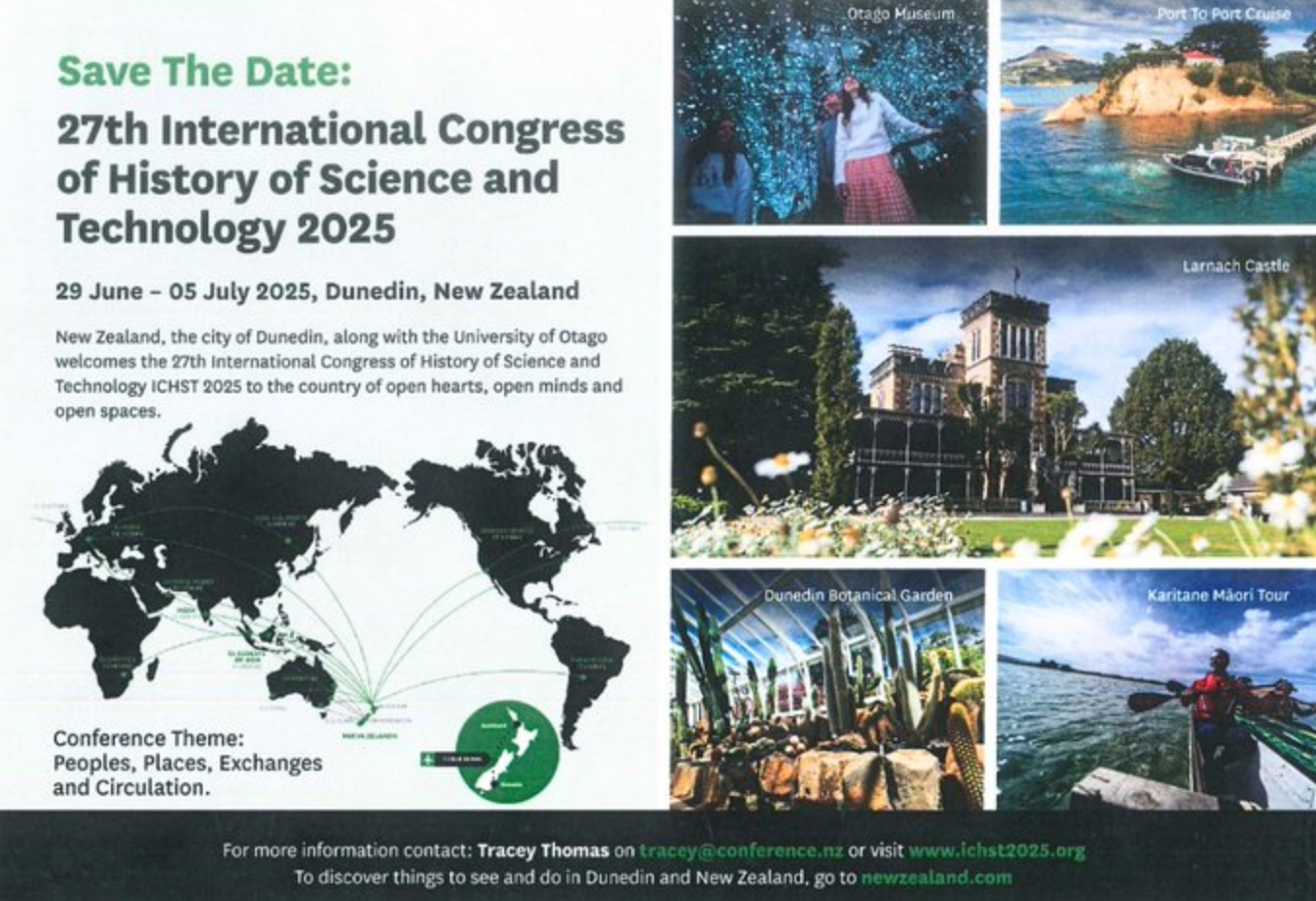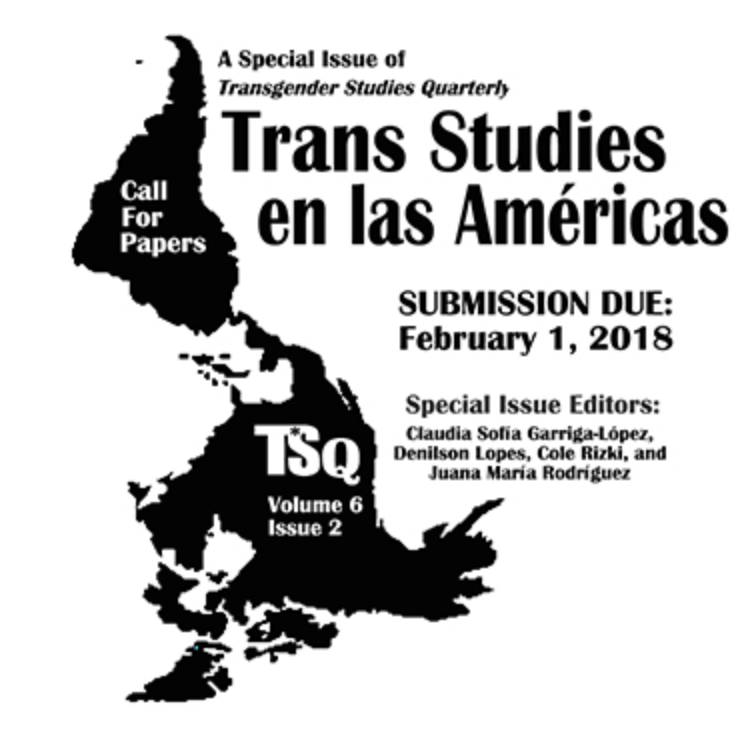Source: Sci Dev Net
[BERLIN] Further collaborations between academia and global health stakeholders are crucial to supporting efforts to contain the current Ebola crisis and future epidemics, say health researchers, speaking at the World Health Summit (WHS).
The Ebola outbreak has highlighted the need to prepare multi-stakeholder responses to global health issues, WHS co-president Detlev Ganten told the annual meeting of health stakeholders that ran from 19-22 October.
“Health is an extremely complex issue and the question for the future is how to cope with this complexity. The Ebola crisis has shown that this can only be done through collaborations with all of the stakeholders,” he said. “Research from academic circles has to be translated into health [outcomes] in populations and for that we need politicians, the private sector, industry and civil society.”
The failure to scale up earlier research on the Ebola virus is one of the underlying causes of the current epidemic, said virologist Hans-Dieter Klenk.
A potential Ebola vaccine was designed around ten years ago, but never had large-scale clinical trials mainly because pharmaceutical companies deemed the drug unprofitable, while policymakers did not consider there was an urgent need for it, he said.
“The institutions and companies who had the rights to work with the vaccine were afraid of liability issues [because of possible adverse health effects] and there were also financial issues,” he said. “It was also not expected that there would be such a big outbreak, so it was not clear who would need it.”
Ongoing vaccine development must now be combined with managing the current crisis, said Roberto Bertollini, chief scientist and WHO representative to the European Union.

“This meeting will help mobilise the international public health community on this issue,” he said. “There is a lot of interest, but we still need to have proper guidance to move things in the direction of an effective response to the epidemic.”
At the same time as dealing with the current Ebola epidemic, long-term development issues must still be kept in view, said Ethel Davis, the ambassador to Germany from Liberia, one of the three West African countries in which the epidemic is raging.
“Ebola doesn’t only destroy a country in terms of health, but also its economy and social fabric,” she said. “Governments and institutions providing assistance to countries affected by Ebola need to look at all these different aspects and provide assistance holistically so that, after Ebola, the country can still survive.”
Ganten hoped that by offering a platform for discussion, the WHS will help to prepare the research and policies needed to counter future epidemics.
“What we are interested in at the WHS is to learn lessons from this crisis,” he said. “We have to do everything now to manage this crisis, but we also have to do everything we can to prevent crises like this in the future.” –









